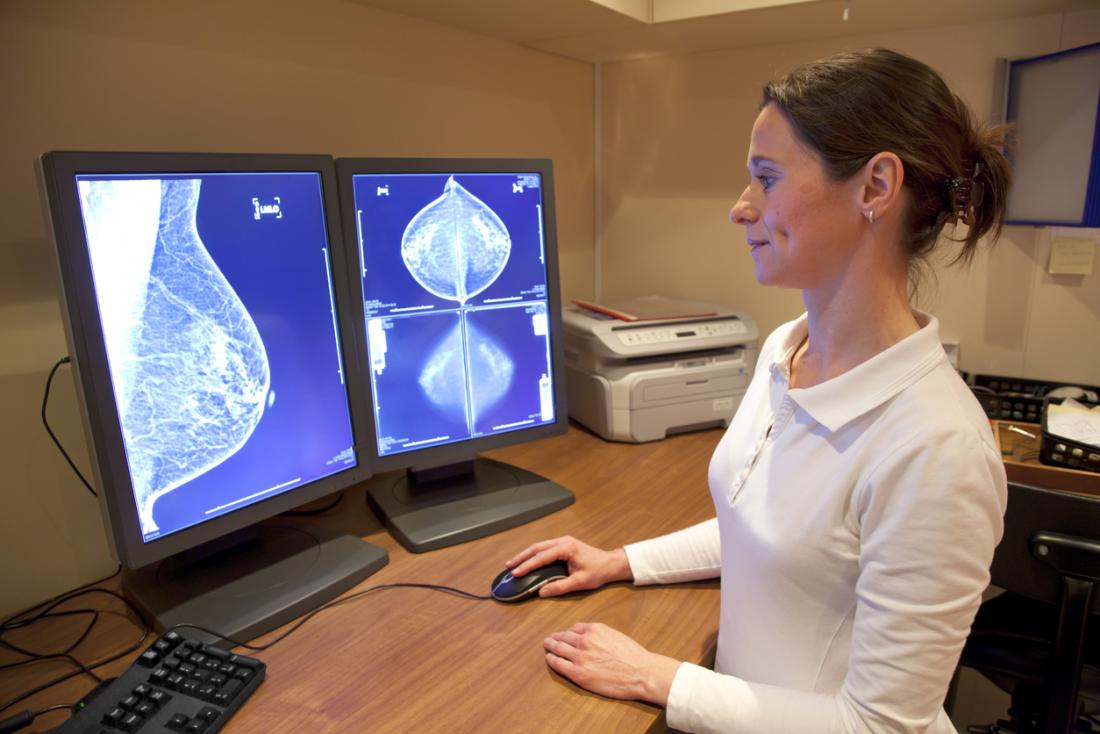BRCA variant gene accurately assesses the risk of breast and ovarian cancer
A new study of 10,000 women provides a more accurate, age-related assessment of the risk of breast cancer and ovarian cancer in BRCA1 and BRCA2 variant gene carriers. The study also showed that family history and genetic mutation sites should also be considered together.
JAMA first reported the latest research done by the University of Cambridge, England.
The researchers suggest that these findings should be helpful to doctors in advising and counseling about treatment options and changing lifestyles.
The study's lead author, Dr. Antonis Antoniou of the Department of Public Health and Primary Care at the University of Cambridge, said, “We have been able to provide the most accurate exposure to the different age groups to date. This should be for women with BRCA1 and BRCA2 gene defects. Provide more confidence in the process of consultation and clinical intervention."
Cancer occurs due to mutations in genes. These mutated genes alter the way cells work, grow, and divide, causing them to lose control.

Some genetic changes that cause cancer are hereditary, while others occur at some point in a person's life due to replication errors or environmental factors such as exposure to tobacco smoke and radiation, causing DNA damage.
High risk due to BRCA1 and BRCA2
Often, this is the result of the accumulation of hundreds of genetic changes—each genetic mutation increases the risk of someone's illness so little—and this leads to cancer.
However, there are some genes, such as BRCA1 and BRCA2, which we know will greatly increase the risk of breast and ovarian cancer once they are encoded incorrectly or genetically altered.
Under normal circumstances, BRCA1 and BRCA2 help prevent cancer, but if one or both of the genes undergo a mutation, the cells will be "more prone to rapid division and change", leading to cancer.
So why is this latest research important? The reason is that, to date, the assessment of all risks in patients with BRCA1 and BRCA2 mutations has relied on “retrospective†findings, which are to review those who are already ill.
5 Inch Face Access Control,5-Inch Face Recognition Attendance Access Control,Face Recognition Attendance Access Control,Office Face Recognition Access Control System
Shenzhen Bio Technology Co., Ltd , https://www.hfsecuritytech.com
